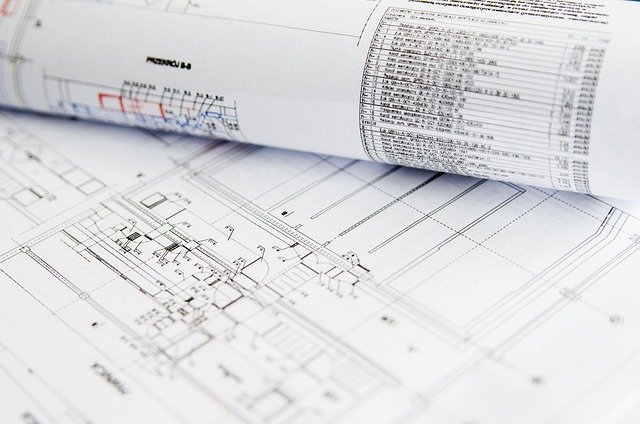Senior Dental Implants: A Practical, Complete Guide
Discover how dental implants can restore function, appearance, and confidence for seniors and older adults. This in-depth guide explains candidacy factors, benefits like bone preservation and improved speech, implant types including traditional, mini, All-on-4 and screwless options, and what to expect for costs and insurance. Get the information needed to make informed decisions about implant care and treatment.

Are dental implants appropriate for seniors and older adults?
Age alone does not disqualify someone from receiving dental implants. Many older patients are excellent candidates. Dentists evaluate each person individually, focusing on overall medical status, jawbone volume and quality, and daily oral hygiene. Factors such as chronic conditions, current medications, smoking, and mobility or lifestyle considerations are reviewed during the assessment to determine the safest and most successful treatment plan.
Why seniors choose dental implants: key benefits
Dental implants provide several meaningful advantages for older adults:
- Restored chewing function: Implants return much of the natural bite force, enabling a wider, healthier diet.
- Clearer speech: Unlike unstable dentures, implants remain secure and help prevent slurring or lisps caused by movement.
- Preservation of jawbone: Implants transfer functional forces to the bone, helping slow or prevent the bone loss that occurs after tooth loss.
- Boosted self-esteem: Natural-looking restorations can improve appearance and social confidence.
- Durable, long-term outcome: With consistent care, implants often outlast other tooth-replacement options, making them cost-effective over time.
Types of implants suited for older adults
There are several implant approaches tailored to varying needs and bone conditions:
1) Traditional implants - Standard-diameter fixtures placed in the jaw, ideal for patients with sufficient bone volume and good overall health.
2) Mini implants - Narrower implants intended for situations with reduced bone width or when a less invasive option is preferred.
3) All-on-4 restorations - A full-arch prosthetic supported by four strategically placed implants, often used when most or all teeth are missing and extensive grafting is to be avoided.
4) Screwless (friction-fit or press-fit) implants - An alternative connection system that relies on a tapered, snug fit rather than screws; useful for certain bone anatomies and patients seeking a potentially less invasive method.
How screwless implants differ from traditional screw-retained systems
Screwless implants, sometimes called friction-fit or press-fit implants, use a tapered design that seats tightly in the bone rather than relying on a screw-retained abutment. Benefits and distinctions include:
- Less aggressive drilling: The technique may require reduced bone removal, which can be helpful for patients with limited bone density.
- Potentially quicker integration: In some cases the simplified design can support faster osseointegration, though outcomes depend on individual biology and surgical technique.
- Easier prosthetic handling: The friction-fit connection can simplify attachment and removal of prosthetic teeth when adjustments or maintenance are needed.
It is important to discuss with your clinician whether a screwless system is appropriate; not every case or jaw anatomy will be suitable for this design.
Cost considerations for seniors
Implant costs vary based on the number of implants, the type of system selected, and any additional procedures like bone grafts or sinus lifts. While the upfront expense can be higher than removable dentures, implants often provide better durability and fewer replacement costs over time. Typical price ranges (approximate, per tooth or per arch where noted) include:
- Traditional implant: $3,000 to $4,500 per tooth. Long-lasting solution suitable for many patients.
- Mini implant: $500 to $1,500 per tooth. Less invasive and appropriate when bone volume is limited.
- All-on-4: $15,000 to $30,000 for a full arch. Restores an entire upper or lower arch using four implants.
- Screwless implant: $2,500 to $4,000 per tooth. Offers a simplified surgical approach and may speed recovery in select cases.
Note: These figures are general estimates and can change with location, clinic fees, materials, and the need for preparatory treatments. Always obtain a personalized treatment plan and written cost breakdown from your dental provider.
Insurance and financing options
Coverage for dental implants varies widely. Many standard dental insurance plans do not fully cover implants, though some may contribute toward parts of the treatment or related procedures. Dental clinics often offer financing plans, third-party payment programs, or phased treatment schedules to help seniors on fixed incomes manage costs. Ask about available options and get referrals for financial counseling if needed.
Making the decision
Dental implants can significantly improve oral health, function, and quality of life for seniors. The right choice depends on individual health, bone status, and personal goals. A thorough consultation with a qualified dental professional—covering medical history, radiographic evaluation, and treatment alternatives—will clarify candidacy and expected outcomes.
Summary
For older adults seeking a reliable, natural-feeling tooth replacement, dental implants present multiple benefits, including improved chewing, clearer speech, bone preservation, and enhanced confidence. Options range from traditional and mini implants to All-on-4 prostheses and screwless systems. While costs and insurance coverage vary, the long-term advantages often justify the investment. Discuss your medical history, lifestyle, and budget with your dentist to determine the best path to restore your smile and oral function.






